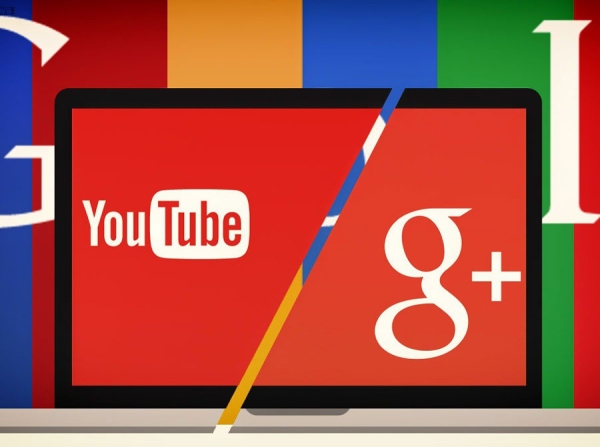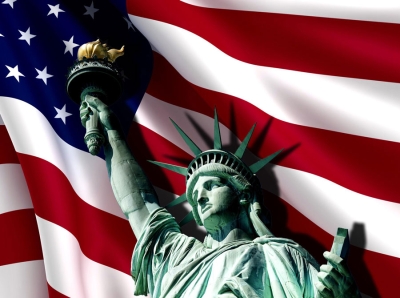The Supreme Court will decide whether online platforms are responsible for their content

The future of a federal law protecting online platforms from liability for content uploaded to their site is in limbo as the Supreme Court this week hears two cases that could change the Internet. The first case, Gonzalez v. Google, alleges that YouTube's algorithm helped ISIS post videos and recruit members, making the online platform responsible for the 2015 Paris attacks that killed 130 people, including a 23-year-old American college student Nohemi Gonzalez. Gonzalez's parents and the families of the other victims are seeking damages under the Anti-Terrorism Act. Oral arguments will also be heard in Twitter v. Taamne, a case that makes similar arguments against Google, Twitter and Facebook, surrounding another ISIS attack that killed 29 people in Istanbul, Turkey. The cases will decide whether online platforms can be held liable for targeted advertising or programmatic content distributed on their platforms.
Tech companies argue that the law protects them from such lawsuits by giving them legal immunity from liability for third-party content posted on their platform. The case will decide whether platforms can be held liable for distributing content to users through their algorithm.
Author: Elina Linderman



